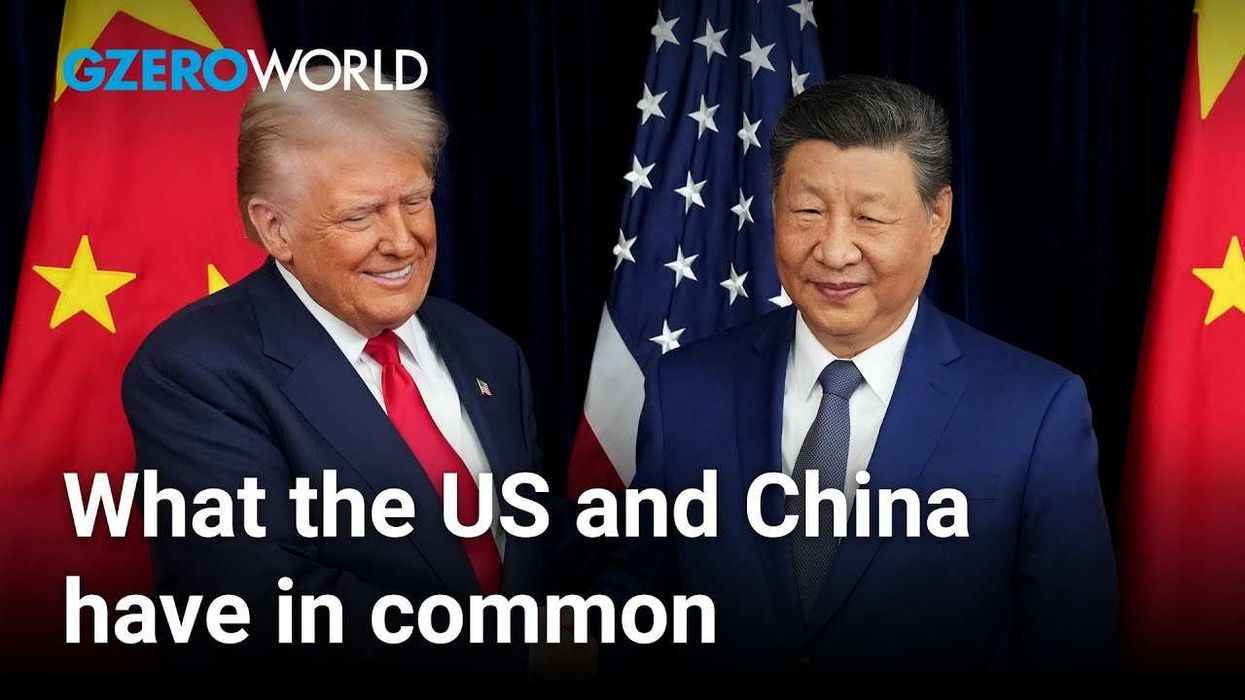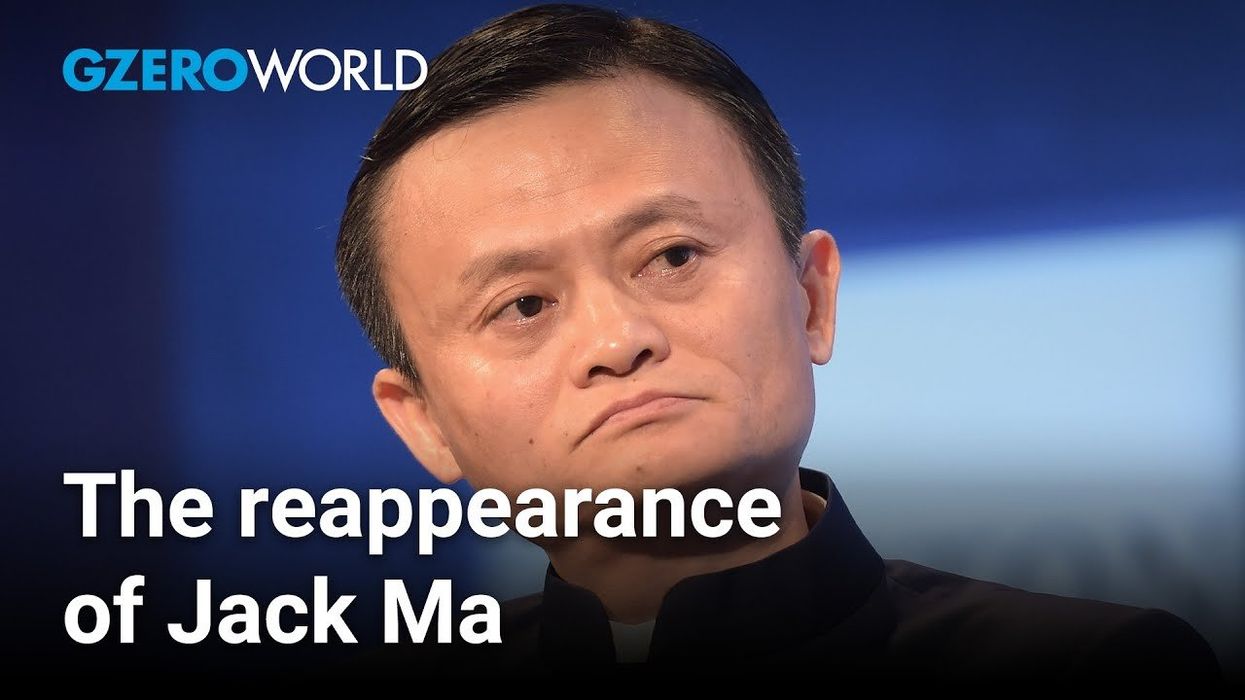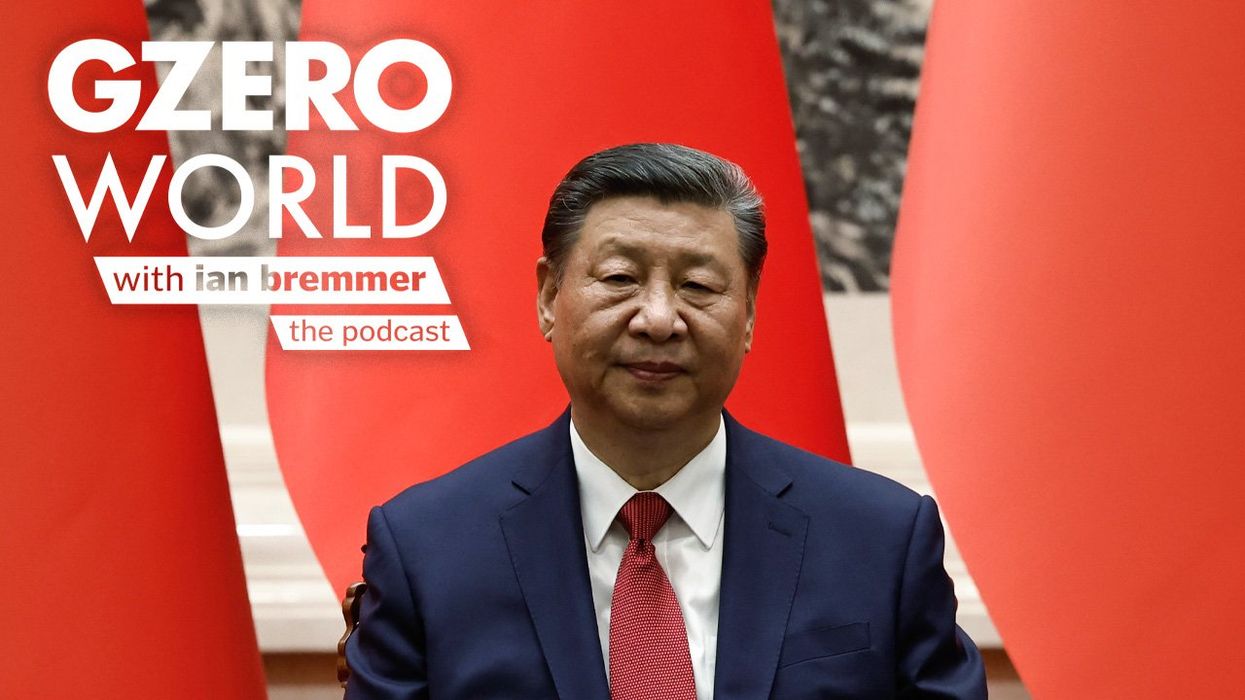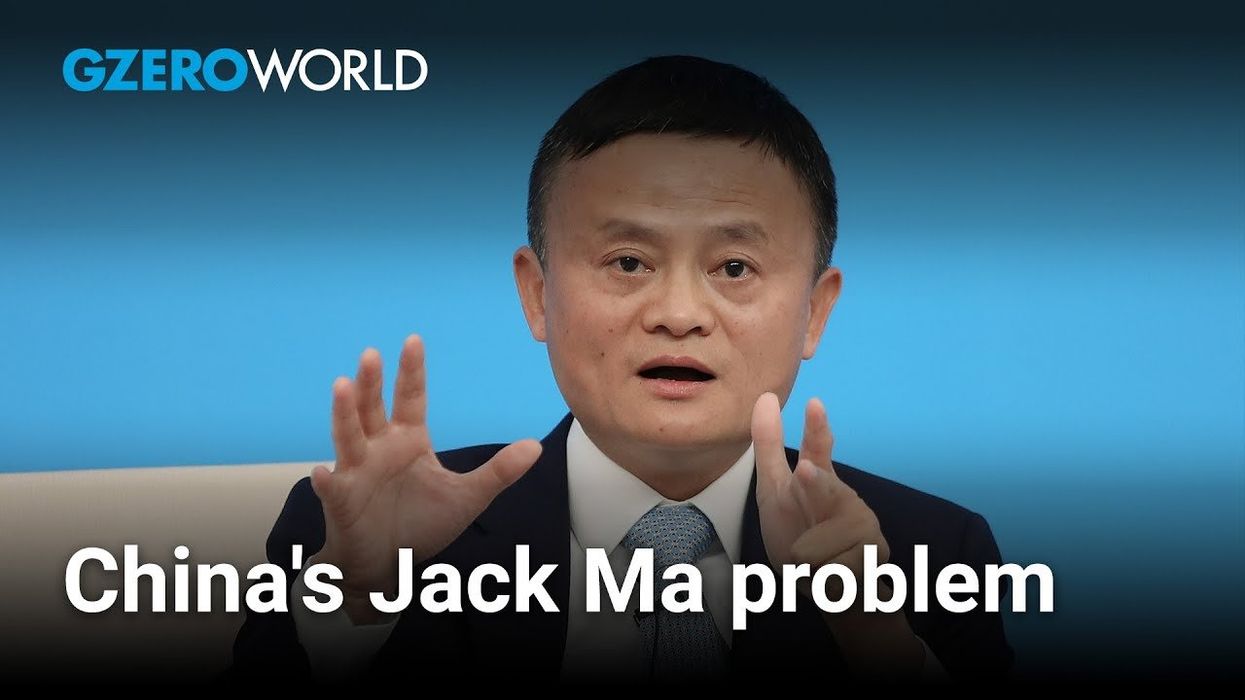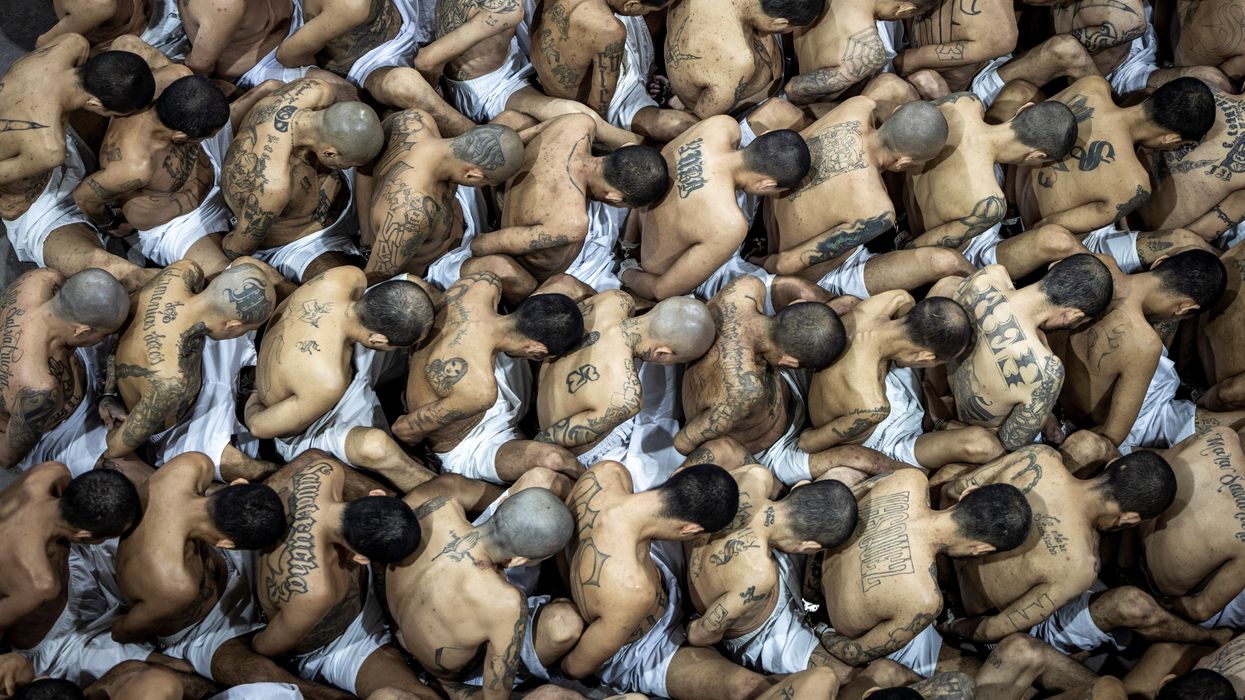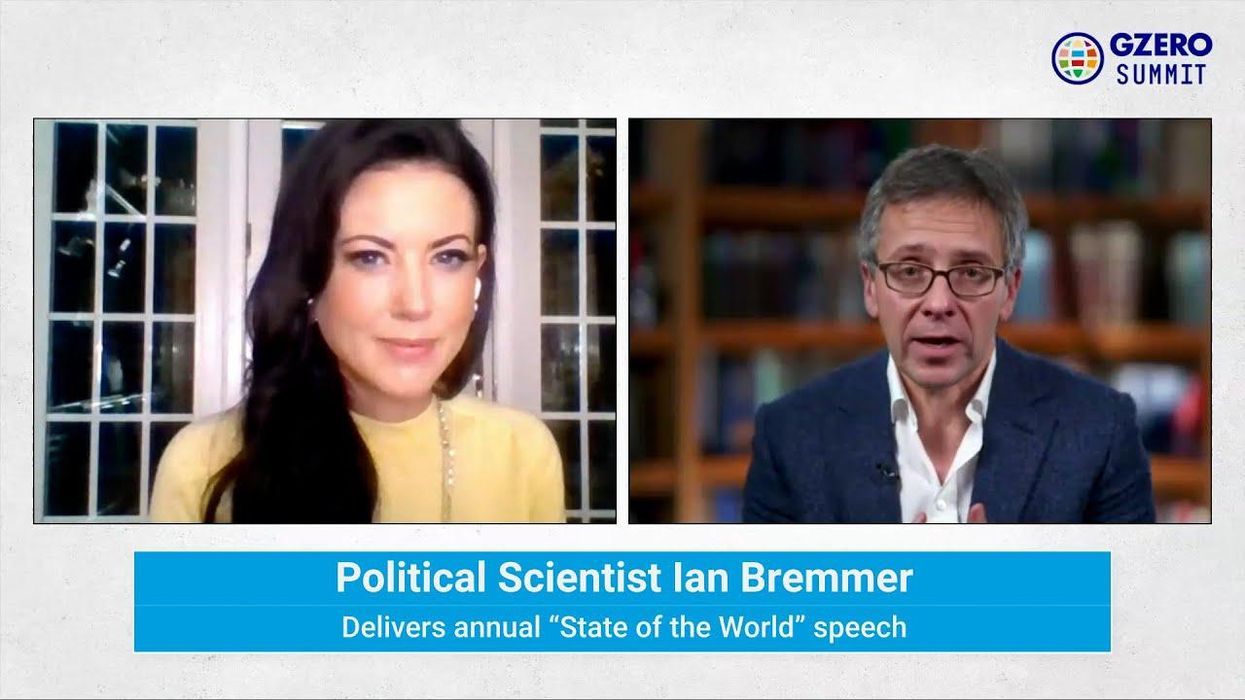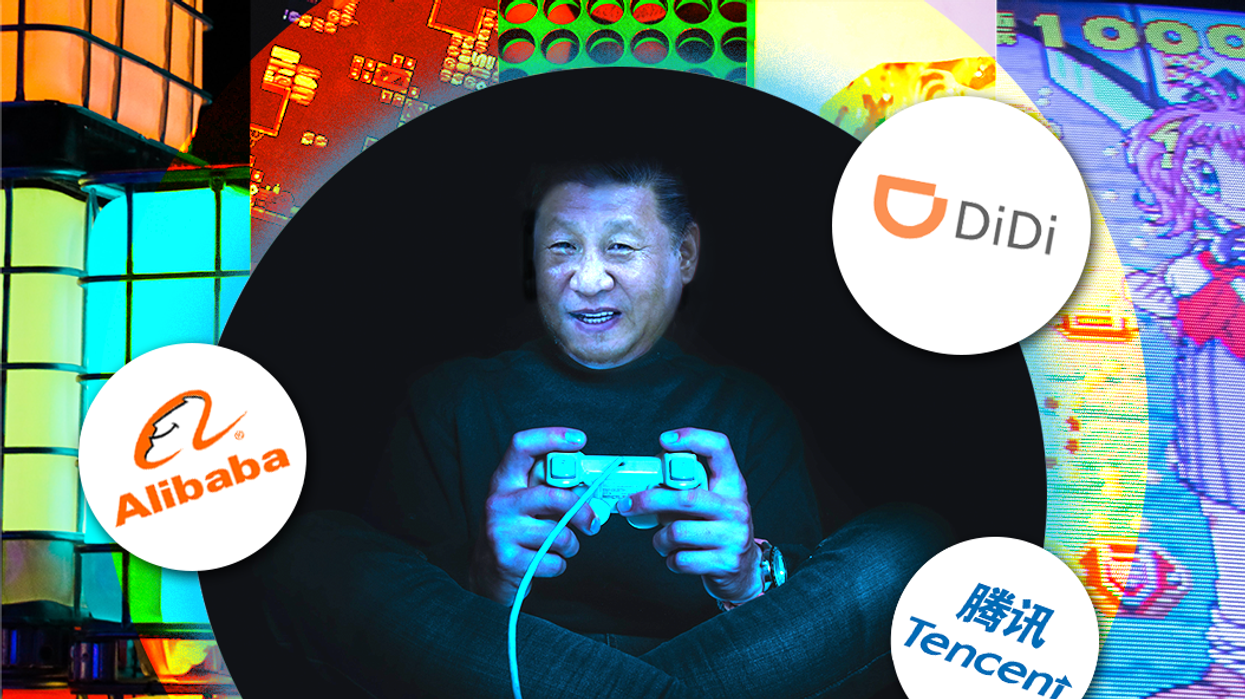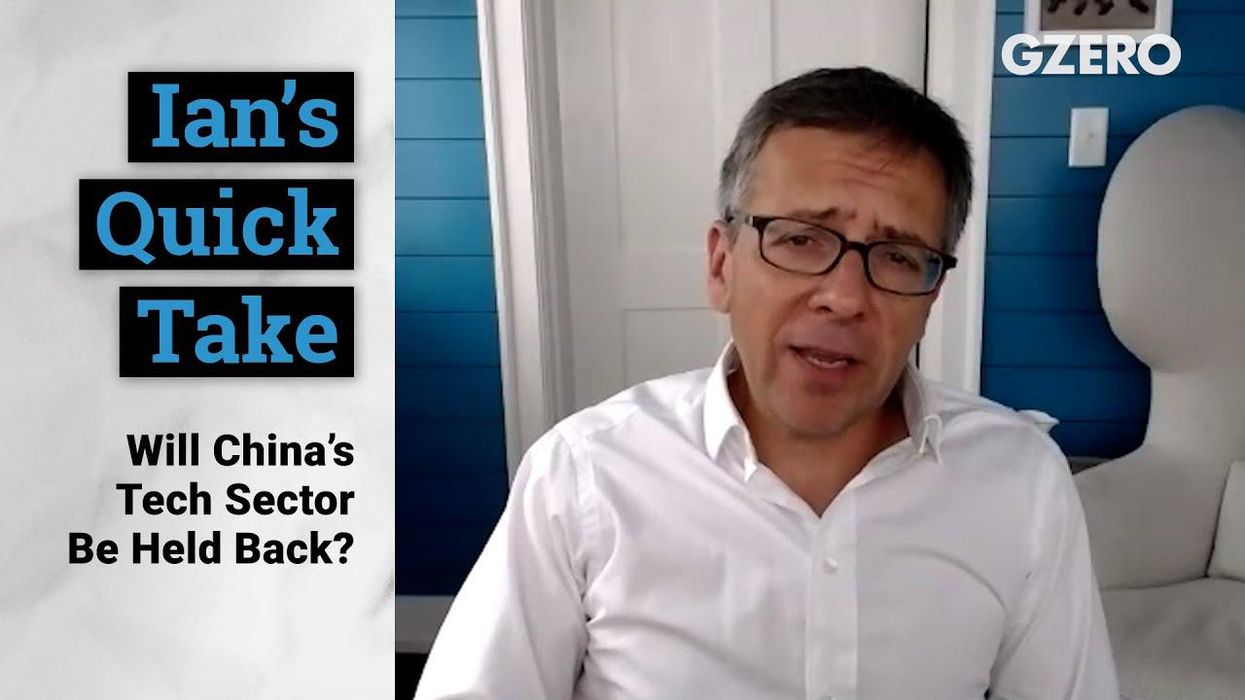GZERO World Clips
The surprising similarities between China and the US
Ian Bremmer talks with tech analyst Dan Wang on GZERO World about how Americans and Chinese share the same restless drive to build and innovate, even as their political systems treat that ambition in very very different ways.
Nov 11, 2025
